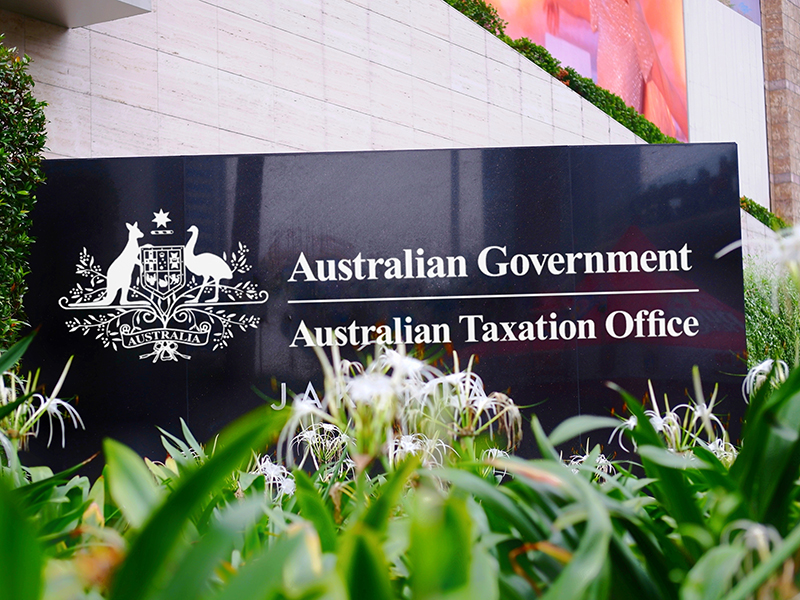
Tax tips for 30 June
When you file your company tax return this year, you can be guaranteed one bit of good news – the corporate tax rate has dropped from 28.5% to 27.5% for businesses with turnover of less than $10 million.
This cut is part of a general move to reduce the tax rate to 25% for all businesses with turnover under $50 million by 2026-27. While the tax cut will certainly be a positive for your business, there are a number of strategies you can implement to cut your tax bill even further.
Deductible expenses
The general advice is always to consider bringing forward all deductible expenses into the current financial year and deferring income until the next financial year. Deductible expenses include repairs and maintenance as well as prepaying any monthly costs such as rent, interest, electricity, wages and utilities up to 12 months in advance.
Your business may also qualify for the $20,000 immediate asset write off when buying depreciable assets. The limits have changed to qualify, from a $2 million turnover in 2015-16 to $10 million this financial year.
Business health check
The end of the tax year also offers you a good opportunity to get your business in order so you can start the new financial year on a firmer footing. For instance, take a look at your outstanding debts and if it seems likely that you are never going to get paid, then write off the bad debt. Make sure you have full documentation to prove that you have made strong efforts to recover the money. The debt also must have been previously included in assessable income in order to be written off.
Another thing to write off is any obsolete stock, but make sure you physically dispose of the stock.
As part of this annual review, why not check that you have the right business structure? For instance, with tax rates falling now might be the time to incorporate.
Also check your company’s insurances. Has your business now grown so that your current insurance is inadequate?
Defer income
While it makes sense to defer income until next year, the lower 27.5% tax rate that applies for 2016-17 will be maintained in 2017-18. As a result, you will benefit from deferring the payment of tax but not from a lower rate. The 27.5% does not drop to 27% until 2024-25.
Beat the super deadline
Even though you have until 28 July to make June quarter superannuation guarantee contributions for your employees, if you make the payments before 30 June you can claim in the current financial year.
It’s also a good idea to consider topping up your own super, particularly as the concessional cap is dropping to a universal cap of $25,000 from 1 July. This financial year the concessional cap is $30,000 for those aged under 50 and $35,000 for those aged 50 or more.
Vehicle expenses
If you run a vehicle through your business then you can claim a deduction for usage that relates to the business. For instance, you can claim your lease payments, petrol expenses, insurance and repairs. But you need to have full documentation to substantiate your claims.
Start up costs
For those who have only recently established a business, you can now claim the start up costs in the year they were incurred. This measure was introduced last year. In the past, these costs were deducted over a five year period. Costs might include accountancy and legal fees as well as government fees and charges.
Making your business a success is an ongoing endeavour, but the end of the financial year may present opportunities to give it an added boost.
Call us for advice on how to make the most of your business by minimising your tax liabilities.


